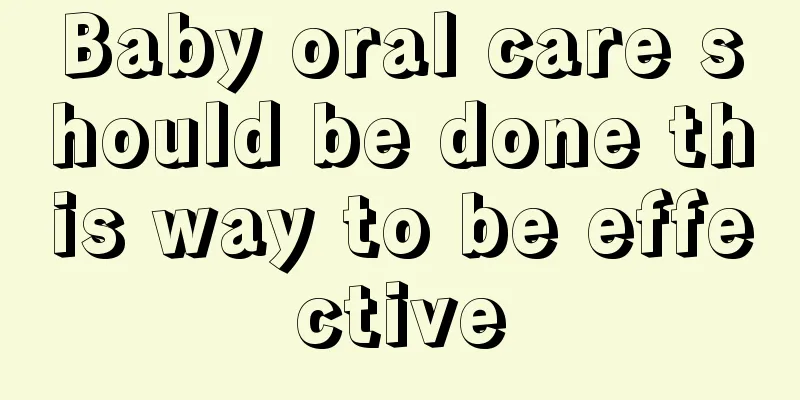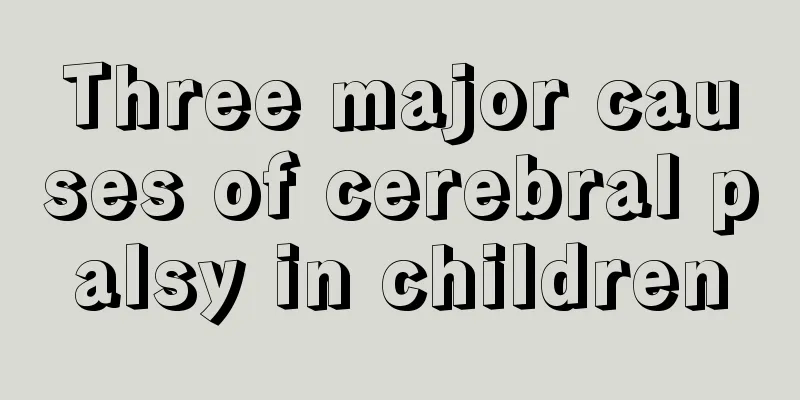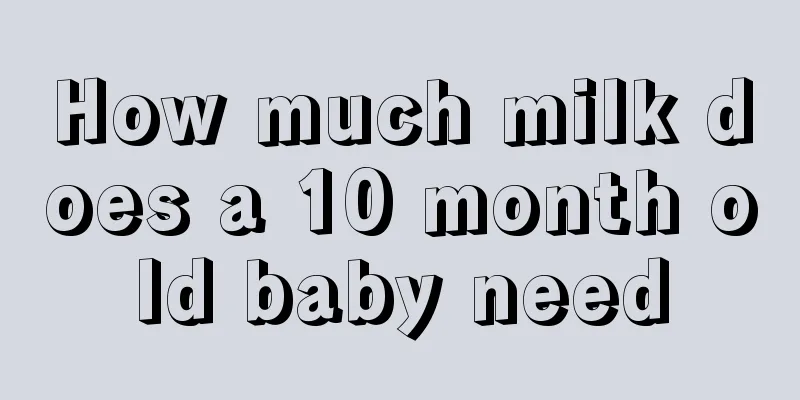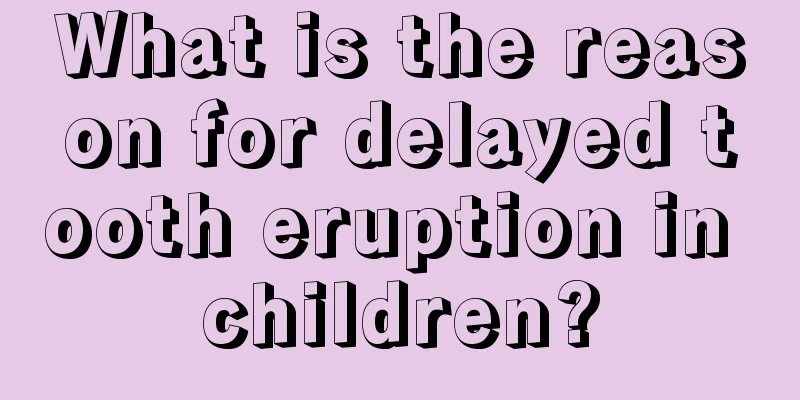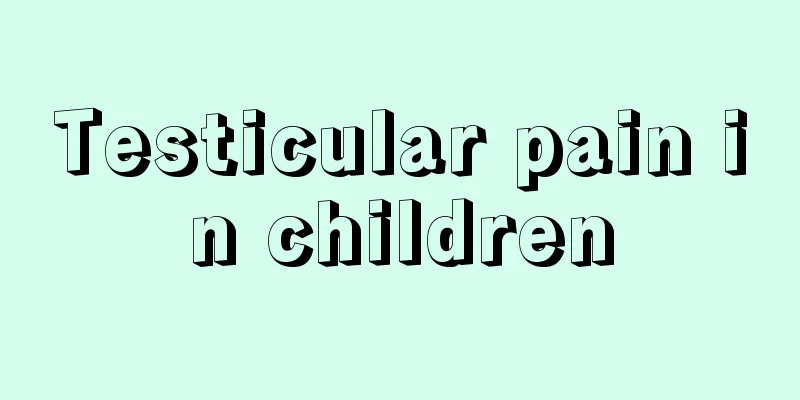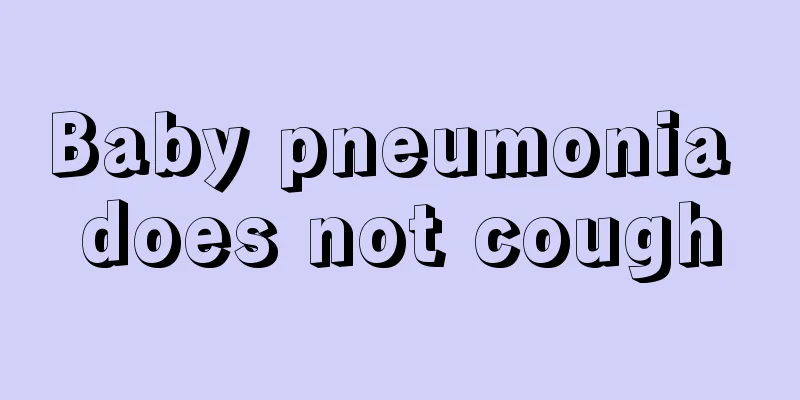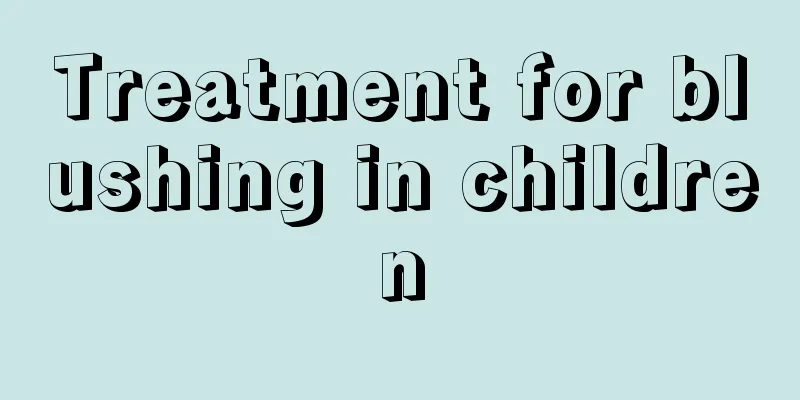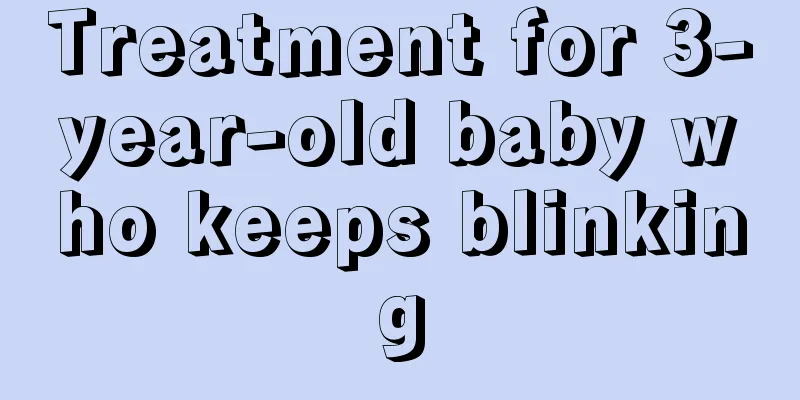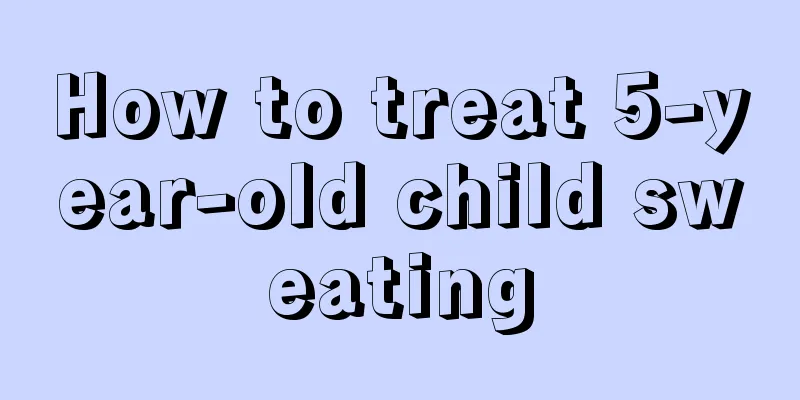Why does a 100-day-old baby drool?
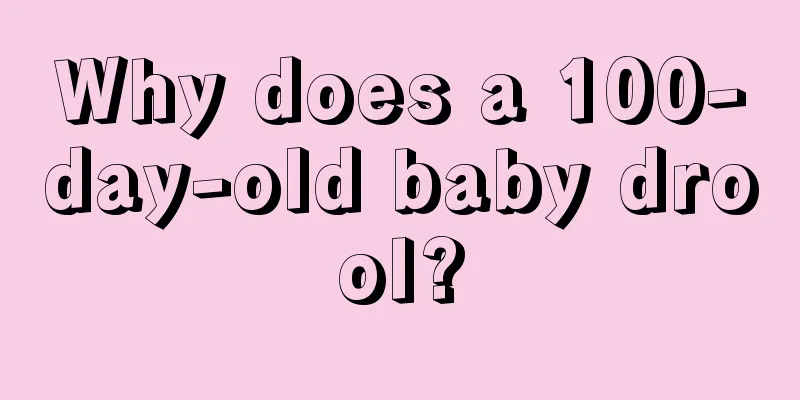
|
Babies will drool when they are very young. Many parents also feed their children some pig tails to prevent their babies from drooling. Many parents think that it is normal for babies to drool. As your baby grows older, the drooling problem will improve. Next, let’s explain why babies drool at 100 days old. Drool is an experience that almost every baby will have. Mothers should never underestimate the importance of saliva. It actually has many functions, such as promoting swallowing and stimulating taste buds; keeping the mouth moist and maintaining the cleanliness of the mouth and teeth; promoting the movement of the lips and tongue and helping speaking. In addition, it has a small antibacterial effect and can form a thin film of sterile cells on the enamel of the teeth, which helps prevent tooth decay. The saliva of a newborn baby is only enough to moisten the oral mucosa. The amount of saliva secretion will increase significantly when the baby is 3 months old. When the baby starts eating complementary foods at 4 months old, the salivary glands are stimulated by these foods and saliva secretion increases significantly. In addition, the baby's mouth is small and shallow, and the swallowing reflex function is not yet perfect, so he cannot use swallowing movements to regulate saliva. Therefore, when the saliva secretion is a little more or the baby is happy or laughing, the secreted saliva will flow out of the mouth. In addition, many babies like to put their fingers, rubber nipples, etc. into their mouths and suck them, which also stimulates the secretion of the salivary glands and increases saliva. Also, when the baby's deciduous teeth erupt, the small teeth push out of the gums and grow outward, causing mild swelling and discomfort in the gum tissue, thereby stimulating the nerves on the gums and causing a reflex increase in the secretion of the salivary glands. It takes time for a baby to drool. Newborn babies do not drool because their salivary glands are underdeveloped and secrete less saliva, so there is no excess saliva flowing out of their mouths. In addition, the baby's staple food at this time is milk or liquid food, which does not stimulate the salivary glands much. The teething period is the time when babies drool most frequently. When the deciduous teeth erupt, the small teeth push outward from the gums, which can cause mild swelling and discomfort in the gum tissue, stimulate the nerves on the gums, and reflexively increase the secretion of the salivary glands. As the baby grows and develops, children who develop faster will stop drooling when they are one and a half years old. Most children will gradually and effectively control their swallowing movements before the age of two due to the maturity of their muscle motor functions, and their mouths will no longer be wet. The above is an introduction to drooling in babies of 100 days old. Babies will secrete saliva, and drooling will make the area around the mouth wet, which can cause some skin diseases and lead to some eczema conditions. At this time, parents can put some scarves around the baby's mouth to effectively avoid this situation. |
<<: What are the methods for weaning babies at eight months old?
>>: What is the reason for 3 month old baby drooling?
Recommend
What should I do if my child has low blood pressure?
The younger the child is, the more incomplete his...
How much sleep does a 17 month old baby need?
Sleep is very important for babies, because babie...
What are the benefits of cod liver oil for infants and young children?
During the period of rapid growth and development...
What is the difference between bacterial and viral infections in children?
In today's life, children's diseases are ...
What to do for children's toothache
As the saying goes, "Toothache is not a dise...
Is it okay for a child to take anti-inflammatory medicine if his tongue is red and swollen?
In life, there are many young parents who often e...
What is hydrocephalus in children
Children's physical health is an issue that p...
The baby is shaking like a shiver
Many parents have reported that their children ha...
Can children's earwax be removed?
When children are young, they usually like to mov...
What is the normal value of infant heart ultrasound?
When infants and young children are very young, p...
What is the definition and causes of growing pains in children?
Many parents and friends will encounter this prob...
What should I do if my baby is bitten by a spider?
Little babies are very curious. Sometimes they ar...
The child had a fever after taking a bath.
Many people don’t like to bathe children, especia...
Is it calcium deficiency that causes the baby's late teething?
There are many factors that affect whether a baby...
What causes precocious puberty?
Precocious puberty has already occupied most of o...
